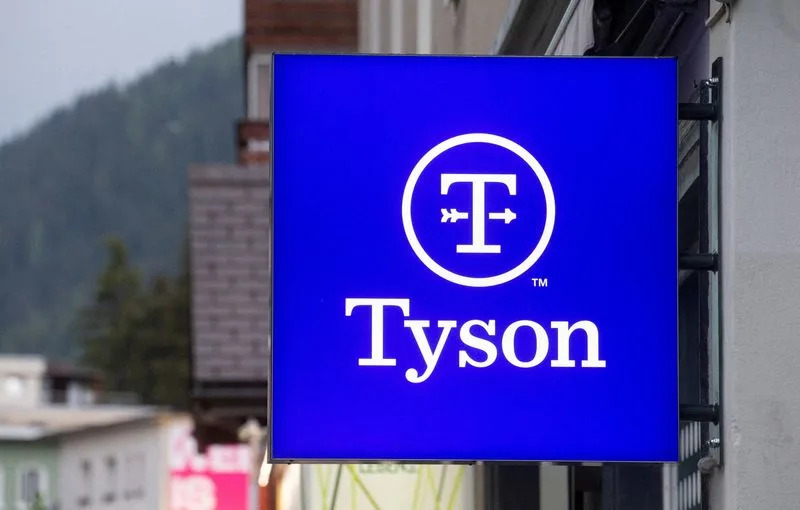South China Morning Post
Wed, August 16, 2023
China's chip equipment self-sufficiency rate will keep increasing in the next few years, especially in the less-advanced equipment sector, amid a gradual market recovery and ongoing geopolitical tensions, according to research by UBS Securities.
The semiconductor equipment self-sufficiency rate is expected to increase in less-advanced sectors which account for around 70 per cent of the total market, such as etching and cleaning machines, Jimmy Yu, a China technology analyst at UBS Securities, said at a media briefing in Shanghai on Wednesday.
"You cannot assume that domestic companies will take up 100 per cent of the [Chinese] market, but it is reasonable to make the assumption of a market share of around 60 per cent [in some sectors]," said Yu.
Do you have questions about the biggest topics and trends from around the world? Get the answers with SCMP Knowledge, our new platform of curated content with explainers, FAQs, analyses and infographics brought to you by our award-winning team.
Meanwhile, China still accounts for a relatively lower proportion of the global market for chip design, Yu said. But he added that nearly half of chip buyers in the country have signalled increasing willingness to raise their usage of domestically-developed chips.
According to the UBS survey, 11 per cent of the integrated circuit (IC) product purchasing managers said that they are "much more" actively considering using domestic chips compared with two years ago, while 39 per cent said they are "a little more" willing to do so.
"Looking forward to the next three years, the adoption rate of domestically-developed chips will gradually increase to between 30 and 50 per cent, which is quite high," said Yu.
China's domestic semiconductor production has been gradually picking up as the country's chip market slowly recovers from sluggish consumer demand and various economic headwinds.
In July, China's integrated circuit output rose 4.1 per cent to 29.2 billion units, marking the fourth consecutive month of positive growth. However, the IC output in the first seven months was still down 3.9 per cent from the same period of last year, reflecting that the world's largest semiconductor market continues to struggle with economic headwinds and escalating tech rivalry between Washington and Beijing.
Yu expected capital expenditure in the global semiconductor sector to decline by 15.1 per cent in 2023, with China having a larger drop than the global rate amid geopolitical risks including the export controls imposed by the US last October.
"But looking at next year, I believe China will have a higher level of recovery than the global market and remain as the world's most important regional market in capital expenditure," he added.
Yu said he expected global semiconductor companies to see their revenue return to growth between the second half of 2023 and first half of 2024, as demand for smartphones, PCs and servers "recover from a bottom". Smartphones are expected to see demand increase earlier as the sector clears up excess inventories, he added.
In 2023, global semiconductor sector revenue will decline by 14.3 per cent year on year to US$492 billion, while returning to growth of 22.8 per cent in 2024, according to estimates by UBS.
Copyright (c) 2023. South China Morning Post Publishers Ltd. All rights reserved.













